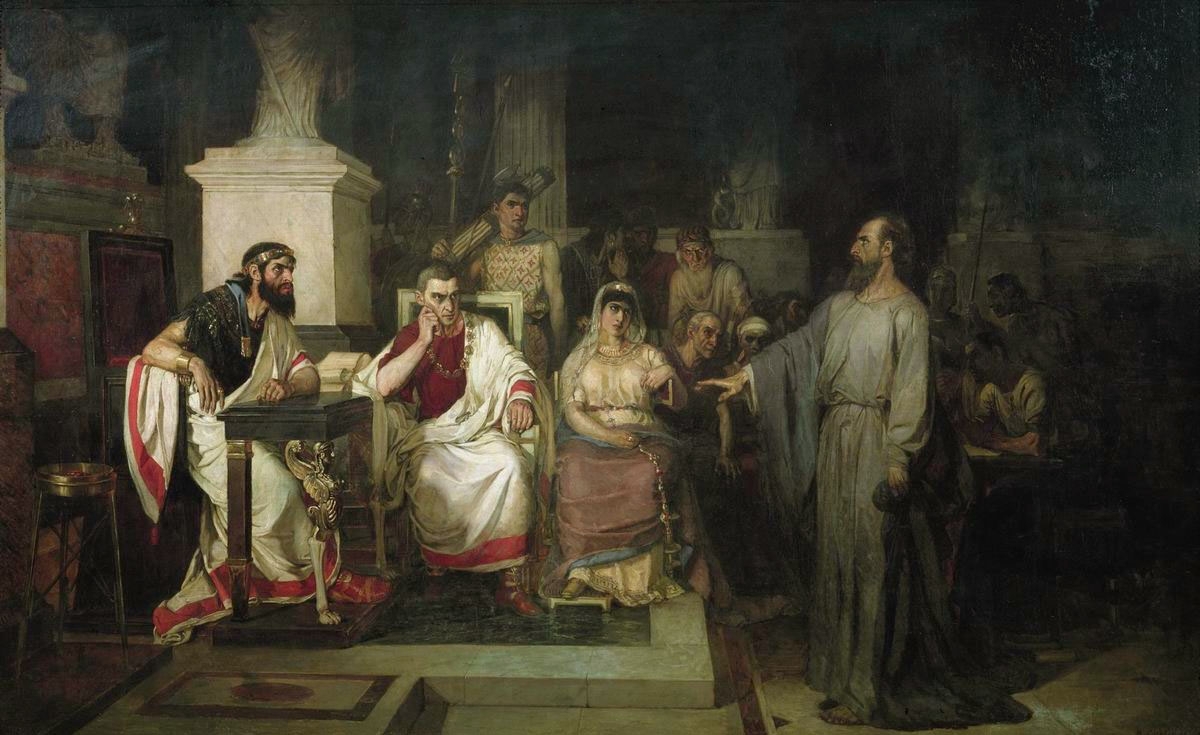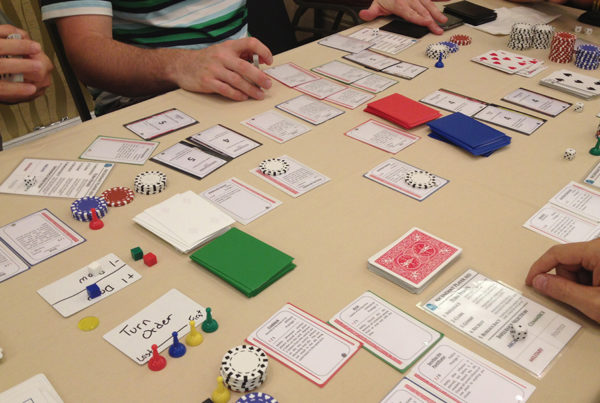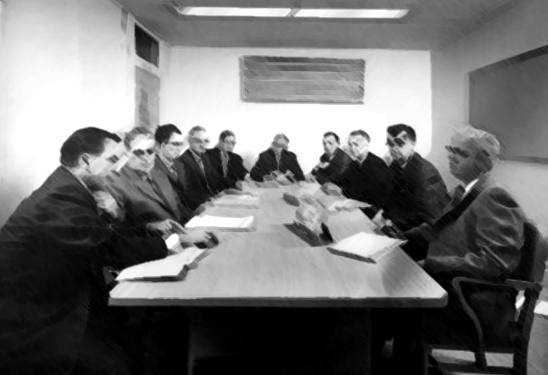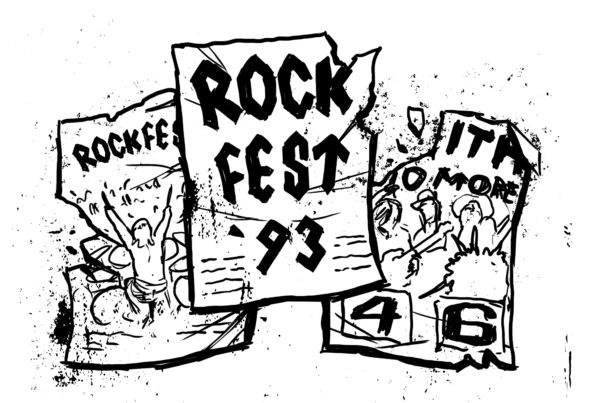Here we find ourselves, four friends who enjoy gaming of all kinds and want to dip their toe in the waters of game design. To be fair, two of the friends had already begun world building and discussing some concepts about games they wanted to create, and the other two (me being one of them) mostly raised our hands and said “OH! Me TOO!!! I want to do this!” and our design team was formed. Our primary resource was enthusiasm, which unfortunately wasn’t all you need to create a fun game. So we began with a task, “Everyone design a game, we don’t care what form it takes, just come up with something.
This is what I came up with.
The crux of my game was that I enjoyed games that involved voting, and I enjoyed games that involved turns where only certain things happened based on what people selected. Voting is pretty self-explanatory, but for the second, think “Race for the Galaxy” “Eminent Domain” or “Puerto Rico” if you aren’t sure what I mean. In all of these items, someone selects what is going to happen for the turn, and then everyone takes that turn. Typically in these games, the player who selected the activity for the turn gets some form of benefit above and beyond the normal turn’s implications. This is where my idea comes in. Rather than just going around in turn order and selecting stuff, why not hold a vote, and then process the turn based on the outcome of that vote?
Off the bat, I realized that what I thought was hard was easy, and what I thought was easy was hard. Let me explain. Before trying my hand at game design, I thought the hard part was coming up with the original spark, the idea that is unique and intrinsically awesome. Now that I’ve dabbled a bit, it feels like the hard part is making everything else work with that idea so that you have a cohesive game. To illustrate this point, I present “MojoRico”: the large steaming pile that was the result of me trying to quickly prototype something that used my original spark of an idea. The way MojoRico worked was essentially a direct rip-off of Puerto Rico, with voting shoved in at the start of the turn. Every turn would begin with people voting on a mat, like this:
Then the votes would be revealed and that would show how each step of the turn was going to work. Each column had some effect on the turn that would follow. Whichever row one the vote for the first column would determine the number of incoming workers we would have at our disposal. Likewise, the next column would determine what type of resources we would get that turn, how many “building actions” we would have at our disposal, what sort of bonus we would have for the turn, and finally, something bad that would happen to everyone. Add in a bunch of buildings that can be purchased and used in different ways, and that was my game.
I made the prototype and played it with my friends and it was beyond terrible. Maybe there is still a spark of something worthwhile here, but it was just so clumsy and uninteresting, and the part I was most hopeful for just felt tedious. Thankfully, one of my other colleagues had an idea that we all thought had more potential, and that’s where we decided to collectively spend our efforts.




